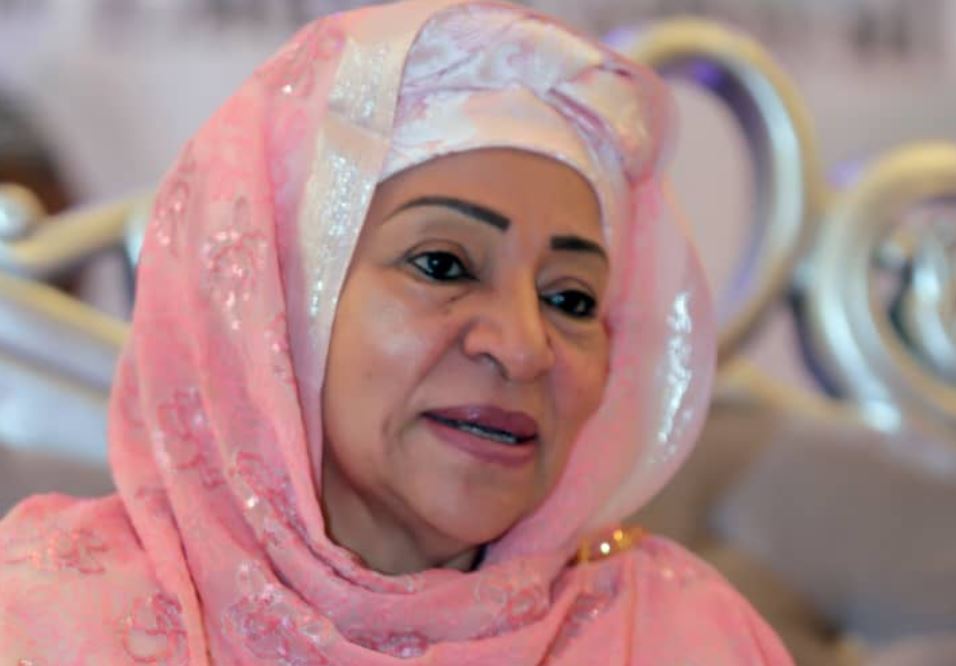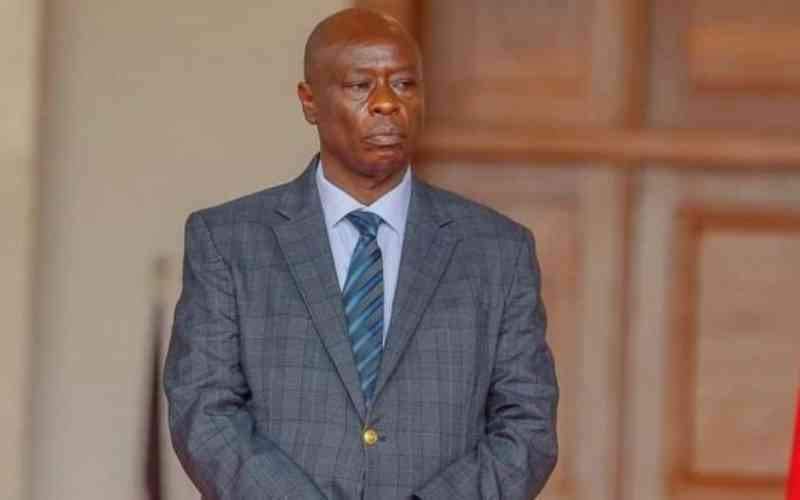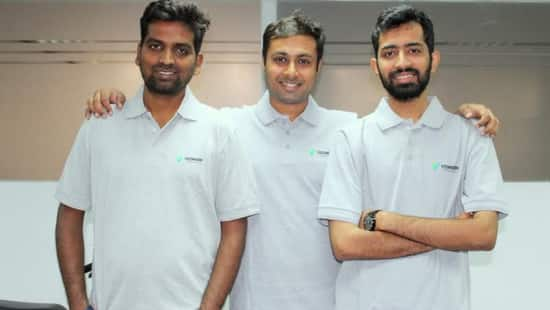Steenhuisen commits to accelerate support for livestock sector
Agriculture Minister John Steenhuisen has committed accelerate the implementation of commodity-based development models, aimed at transforming South Africa’s livestock sector and improving market access for smallholder farmers.
Delivering his keynote address at the inaugural Total Mixed Ration (TMR) Conference on Monday, Steenhuisen outlined five strategic pillars to guide South Africa on its road to food security and export growth in the red meat and dairy sectors.
These include biosecurity and disease resilience; structural transformation and inclusion; regulatory efficiency and trade enablement; climate adaptation and environmental stewardship; and public-private partnerships and institutional coordination.
On biosecurity, Steenhuisen acknowledged the critical threat posed by animal diseases, such as Foot-and-Mouth Disease (FMD).
He emphasised the need for a sustainable, nationally coordinated FMD vaccination programme aligned with international standards set by the World Organisation for Animal Health (WOAH).
“We need upgraded veterinary infrastructure, and strong biosecurity protocols, not only at our borders but at farm level, transport corridors, and auction sites.
“Traceability is also non-negotiable. South Africa must adopt a system that meets international traceability requirements - digital, decentralised, and inclusive. I acknowledge the work of Red Meat Industry Services (RMIS) in building a platform, but we must close the digital divide and ensure adoption by all producers, including those in communal areas,” Steenhuisen said.
The Minister said the department is prioritising the finalisation of the National Traceability Framework, and we will continue to support farmer compliance, through targeted technical support.
He also confirmed that vaccines have been ordered to manage the current FMD outbreak in KwaZulu-Natal, while investigations in Gauteng, including forward and backward tracing, are ongoing.
Steenhuisen reiterated government’s commitment to investing in rural infrastructure, including feedlots, dip tanks, milk collection centres, and rangeland improvements, ensuring that Black and youth-owned livestock enterprises are included in export opportunities – “not as a gesture, but as a business case.”
“We must reframe communal livestock not just as a store of wealth, but as an economic engine that, if formalised and supported, can lift entire districts out of poverty,” the Minister said.
Despite South Africa’s reputation for high-quality red meat and dairy products, Steenhuisen highlighted that persistent regulatory delays, inconsistent enforcement, and non-tariff barriers, continue to hinder export growth.
“Our export certification processes are often too slow, and engagements on market access can be fragmented, or under-resourced.”
To address this, he said the department is working to fix this by strengthening its Export Certification Coordination Committee and aligning efforts with the Department of Trade, Industry and Competition (dtic) and the Department of International Relations and Cooperation (DIRCO) to streamline veterinary diplomacy and trade strategy.
“My department is prioritising trade negotiations that open new markets for beef, lamb, offal, and dairy powders, and accelerating work to meet the standards of key regions - including the Gulf States, the European Union, and East Asia.
The Minister also underscored the urgent need to respond decisively to climate change within the livestock sector.
He said the department is currently investing in climate-smart livestock systems, including drought-resilient fodder species, rotational grazing models, and precision feeding; soil rehabilitation and rangeland restoration, particularly in overgrazed communal lands; and expanding farmer access to climate information, early warning systems, and training.
“We are expanding farmers’ access to climate information, early warning systems, and targeted training to help them adapt to changing conditions,” Steenhuisen said.
The Minister further called for deeper collaboration between the public and private sectors – “not only on funding, but on policy alignment, research, and implementation.’
“We are committed to strengthening platforms such as the Red Meat and Dairy Master Plans, and working with industry partners to create offtake agreements, joint extension services, and coordinated disease control efforts,” he added.
The three-day conference, taking place from 8–10 June 2025 in Kempton Park, Johannesburg, brings together stakeholders from across the livestock industry, including dairy and red meat producers, intensive sheep farmers, feedlot operators, and veterinarians.
The event offers a unique networking opportunity for dairy and red meat producers, intensive sheep farmers, input suppliers, feedlot operators, and veterinarians, to engage with experts on key topics, including biosecurity, rumen health, feed management and nutrition, and performance optimisation. –












